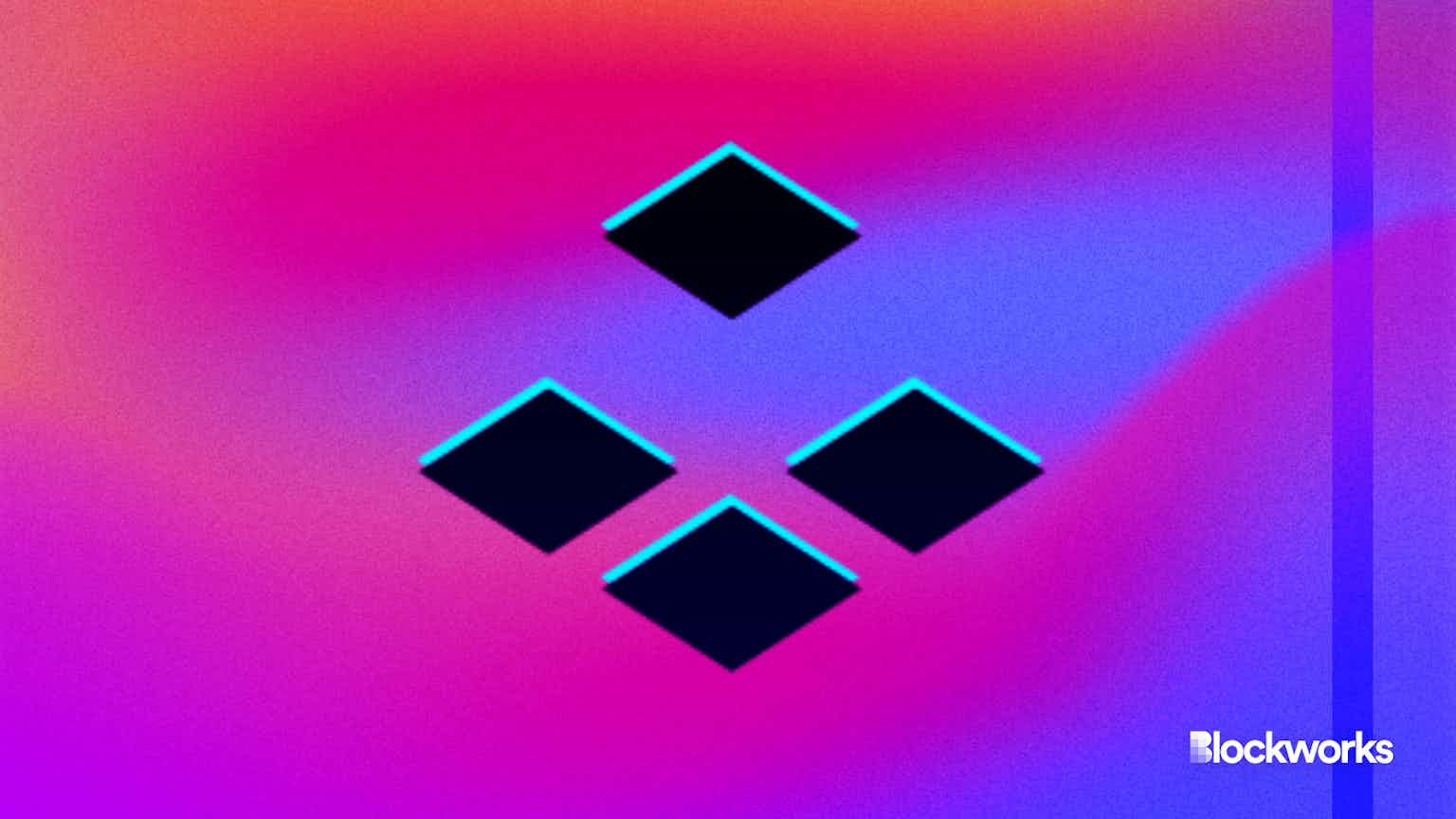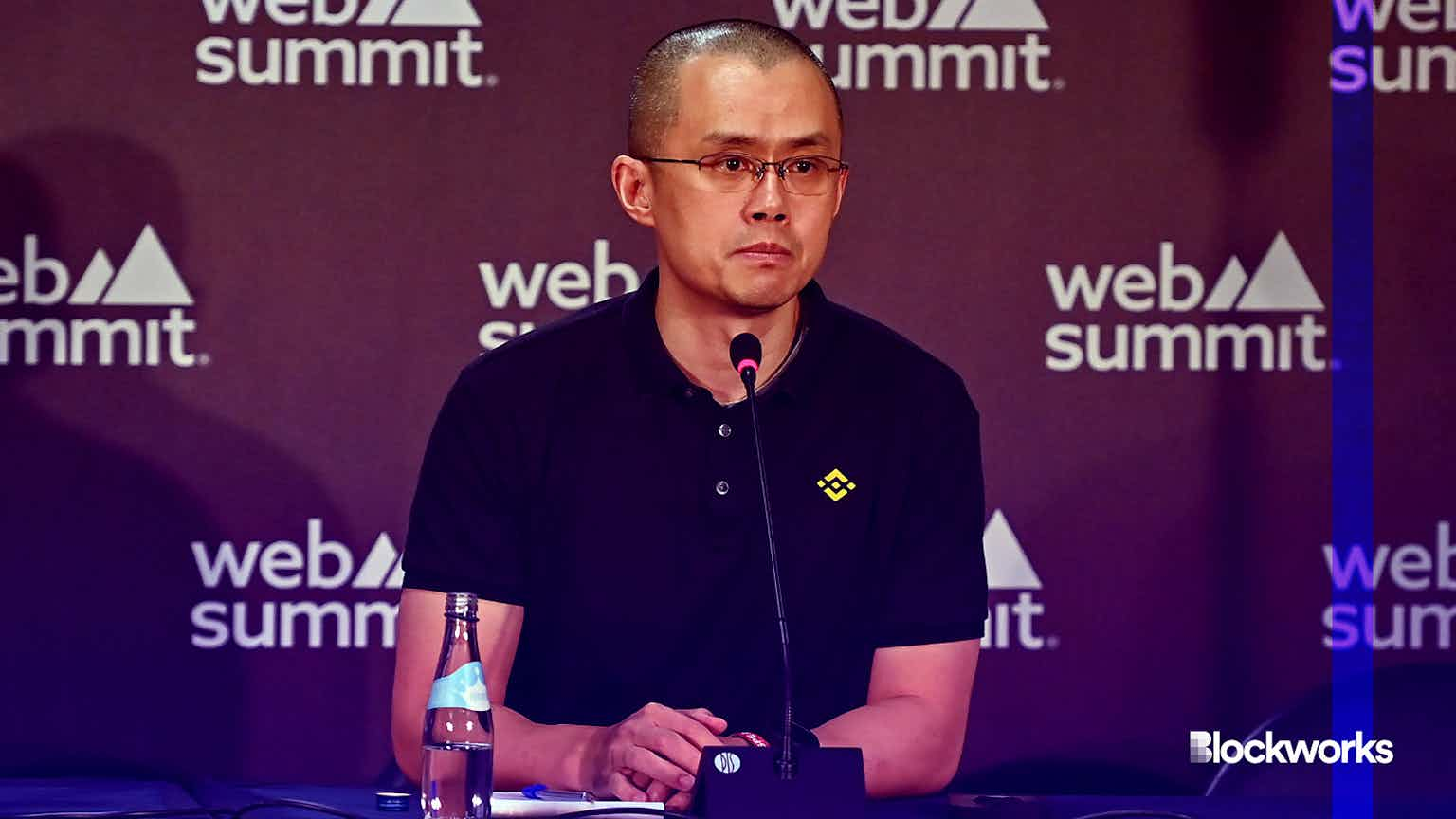Mesh Security Forging NATO-like Alliances in Cosmos Ecosystem
Mesh security is designed to increase the economic security layer of the Cosmos ecosystem

Alexandros Michailidis/Shutterstock modified by Blockworks
A handful of Cosmos ecosystem contributors will partner in funding an initiative to bring Mesh Security to life.
Not to be confused with Interchain Security (ICS), Mesh Security is a separate security model designed to increase the economic security of the Cosmos network while enabling individual blockchains to remain sovereign.
In an interview with Blockworks, Sunny Aggarwal, the cofounder of Osmosis Labs, drew comparisons between Mesh Security and the NATO alliance.
“NATO is a security alliance, and all the countries in NATO have their own militaries but if one country is attacked they all rush to the other’s defense… that’s sort of the premise of mesh security as well,” Aggarwal said.
So, rather than individual blockchains getting the security of their own market cap, they would receive the security of all Cosmos ecosystem tokens together.
“The sum of all of them [token value] is going to be securing the set of all these Cosmos chains,” Aggarwal said.
Additional risk, additional rewards
Validators will not be required to run additional nodes under Mesh Security partnerships. Instead, delegators can use their staked tokens on their primary chain, restake them and give them to validators on a partner chain.
In the case of where there is validator misconduct, staked tokens will be slashed on both the primary and partner chain. Delegators will be given additional staking rewards in exchange for taking on more risk.
Using Osmosis and Axelar as examples, Aggarwal said that, “You’re effectively going to have almost all the Osmosis stake re-staking onto Axelar and almost all the Axelar stake also staking onto Osmosis… that’s how you get the sum of their market caps…now both Osmosis and Axelar are being secured by this sum.”
Despite coming across as competing models, according to Aggarwal, ICS and Mesh security serve different user cases.
“The ICS model is almost like the economic equivalent to how rollups work, you don’t have to have your own validator set at all when you opt into ICS,” he said. “ICS is useful for new chains that want to launch immediately and not have to come up with their own staking token, their own validator set, they just want to build the application and launch it.”
Mesh Security, though, is geared more towards larger Cosmos chains that have their own proof of stake system, serving almost as an option for projects that have matured in the ecosystem.
Under the Mesh Security system architecture, Aggarwal said that Cosmos chains could also receive security from larger chains such as Ethereum and Bitcoin
“One of the things I’m really excited about is like having Bitcoin be a plugin into the Mesh Security model,” he said. “I am working with the Babylon team to build Bitcoin staking and allow Bitcoin to be staked and secure other chains in the mesh security model.”
The initiative to develop Mesh Security will be delivered in three separate phases.
Phase 1 will focus on developing the architecture and deploying it on testnets. Phase 2 will be testing and deploying on low-capital Cosmos consumer chains and rallying support for implementation. Finally, Phase 3 will be an open-source mainnet deployment.
Start your day with top crypto insights from David Canellis and Katherine Ross. Subscribe to the Empire newsletter.





